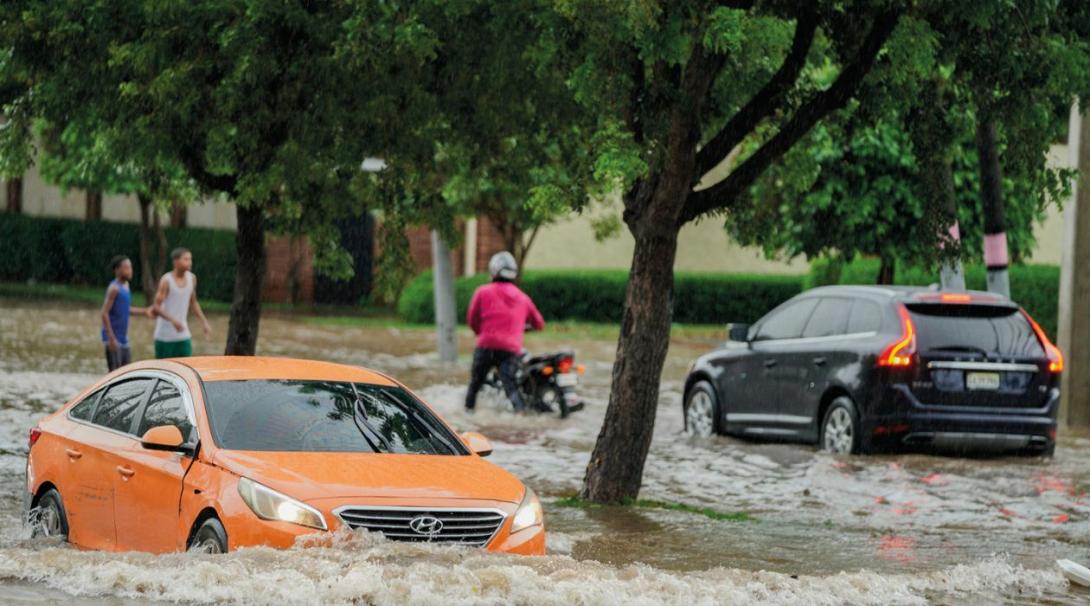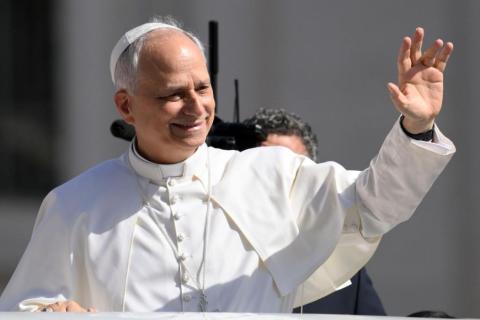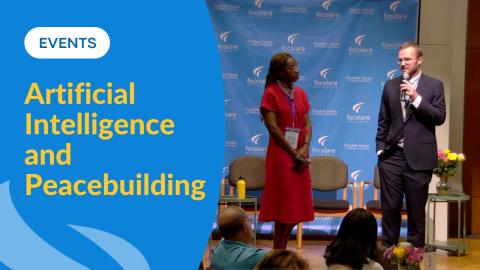
Photo by Aldward Castillo | Unsplash
M
y father is dead, and my father keeps on dying.
We buried him two years ago on a sunny Friday in September. I walked from the hearse to his grave with my hand resting on top of the pine coffin; I wanted to keep him company on his final journey. As we watched his coffin lower into the grave I said quietly to my mother and sister: “I think he was just…done.” After stubbornly living with cancer for nearly five years, my father had gone quickly, losing consciousness just one day before he died.
We buried my father—you see, I remember—and I keep forgetting that he’s dead. When traveling I’ll think suddenly, I need to call home and see how he’s doing today. When asleep I dream my father is dying and I’m the only one who’s noticed. No one else seems upset, even when I shout to get their attention, and I wake up to my own silent gasps, my body shaking.
Why is my grief still so unsettled? Why can’t I metabolize the fact that he’s gone?
Grief is strange territory, muddy, whorled. Long before my father’s illness I learned this as a hospital chaplain, accompanying dying patients and their loved ones. But all my professional experience and education did not make my own loss any easier to navigate.
When my father was first diagnosed with metastatic prostate cancer in fall 2017, his oncologists resisted giving us a prognosis. So I turned to Google. The answer came in seconds, but I spent days scrabbling through medical paper jargon just to be sure: even with the latest treatments, fewer than 25 percent of men live longer than five years.
I took a statistic and converted it into a certainty: my father would die within five years. It became a terrible reassurance of an inevitability that I had, ever since I was a child, been afraid of: I would have to live through my father’s death. Now I knew when.
I dealt with this by launching myself into mourning. In therapy, in spiritual direction, in conversations with my partner and with friends, I cried, I raged, I temporarily fell apart. Of course in grieving my father’s future absence I was trying to prevent future pain. Beyond self-protection, though, I was also seeking an anchor. In the face of profound uncertainty—how do I live in world different than the one I’ve known?—I grasped at the only certainty I could find: The end.
I grieved my father for nearly five years. Then he died.
***
This is a personal history of a single complicated loss. But in my work as a climate change chaplain, I’m noticing many of my clients navigating a similar anticipatory grief.
In this time of increased climate instability and decreased faith that governments and corporations will work for a livable future, many are feeling angry, afraid, helpless, hopeless. As a climate change chaplain, I help folks navigate these often-uncomfortable emotions and discern how to live in a transforming world with integrity, agency, and soft attention.
Why do people need help doing this? Because it’s hard to face the future without shutting down or abandoning ourselves to overwhelm. This is not because we are weak. This is because climate change and other cooccurring systemic unravelings are shaking the beliefs and relationships that once formed the bedrock of our lives. We don’t yet have a map for navigating this kind of disintegration. We are just now learning how to be in this new time.
Over the nearly five years my father lived with terminal cancer, I prepared myself for the eventual wound by attempting to feel the pain before it happened. In doing so, I became involute: clenched and focused on my tender center.
Spend enough time in self-protection and it becomes increasingly difficult to uncurl. Eventually, it can be a challenge to remember or even imagine how it is to live soft.
I got so used to fearfully anticipating my father’s death that now I cannot grasp that the wound has already happened. I got so used to living in gripped anticipation of the end that now that it has passed, the fear will not let me go.
As a climate change chaplain, I help my clients map out a new inner terrain for living in a changing world. I’ll often begin by asking them to describe the future they picture when they think about climate change. For some, it’s a well-trod corner of their imagination. For others, it’s a jumble of unconnected images. Either way, relief comes from speaking out loud, even if it is a devastated vision. And it often is.
Why is that? With so many possible futures to imagine, why do we catapult ourselves into the worst of all possible worlds?
In recent decades countless TV series and movies have offered us various fictionalized apocalypses. Our screens have also brought us real life: photos, videos, written accounts capturing natural disasters. By now, we have lived through stretches of climate strangeness—for example, weeks of smoke from distant wildfires, or days of torrential rain. Increasingly, we have lived through disaster, losing property, community infrastructure, community, even loved ones.
Why is that? With so many possible futures to imagine, why do we catapult ourselves into the worst of all possible worlds?
Wherever we find ourselves on this continuum of loss, all of us are losing familiarity with the world as it is, since it is so rapidly becoming different from the world we once knew. We’re being thrust into a time of prolonged uncertainty. And when uncertainty lasts uncomfortably long, we start to imagine endings.
We imagine endings because they are simpler than imagining the long middle. The middle is messy, fraught, multiple. The end has a guarantee that eliminates possibility and relieves us of the burden of agency. The middle is nuanced, full of difficult grays. The end is a soothing black.
My father and I had a challenging relationship, in large part because he could not allow himself to be vulnerable. Even when he got sick, then sicker, he remained walled off. Only in the last weeks of his life we were able to be softer with one another, and—most surprising of all—gentle with ourselves as we softened. Looking back, perhaps my anticipatory mourning was simply the only way I had of touching the real wound: his absence when we were both alive. As my father moved towards death, though, our softening was a salve and a reminder: we are all, always, transforming.
When we imagine the worst, we are investing—whether or not we mean to be—in an end that lends comfort because it is an end. But this is not the reality of life, or this world. There are many endings. But there is no “the end.”
In the coming years, many will try to prepare for a climate-changing future by forming a hard shell: Hoarding resources. Electing strongmen. Circling the wagons. In the coming years, many will make an effort to become invulnerable, not realizing that our defenses offer no guarantee of anything other than that we have become defended. By which I mean, making a home within the walls of our fear.
It is a profound challenge to know all we stand to lose and not become involute. But believe me: That will not make this any easier. And it is not what will save us.
We will live the rest of our lives in a climate-changing world choosing between hardening and softness. It is not an easy choice. But only softness allows what we love to root us. Only softness keeps us alive to what is alive, now and in each unfolding moment after this one. Only softness will allow us to stretch, find ease, and invite one another into a wondrously imagined future.
It puts me in mind of Rainer Maria Rilke’s image of God beckoning to us:
You, sent out beyond your recall,
go to the limits of your longing.
Embody me.
Flare up like a flame
and make big shadows I can move in.
Let everything happen to you: beauty and terror.
Just keep going. No feeling is final.
Don’t let yourself lose me.
Nearby is the country they call life.
You will know it by its seriousness.
Give me your hand.
(Book of Hours: Love Poems
to God, trans. Joanna Macy)












